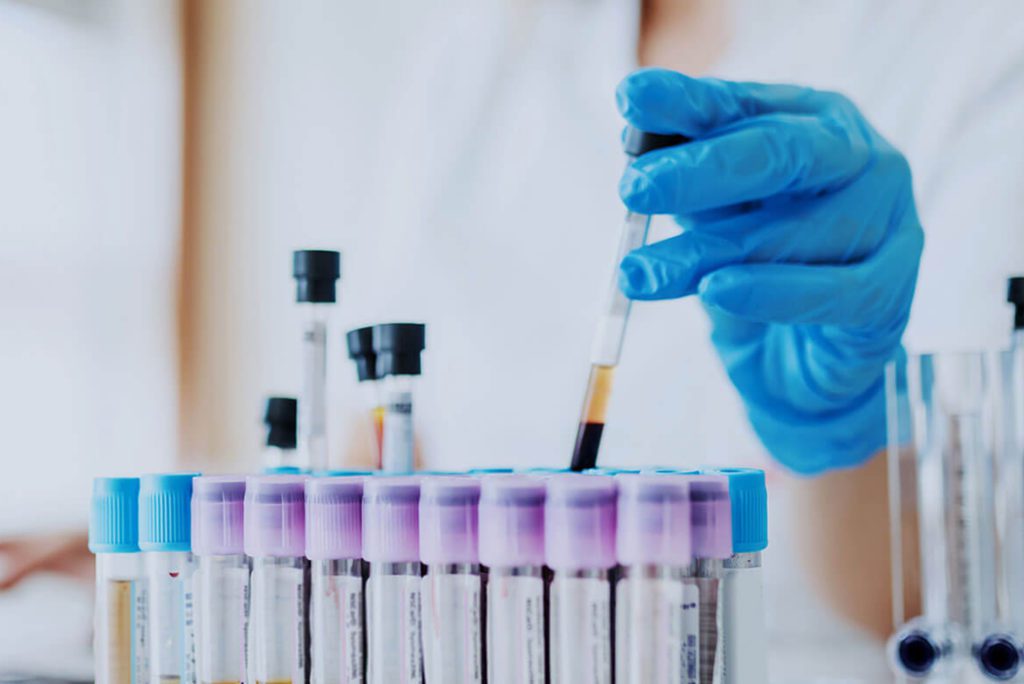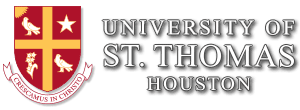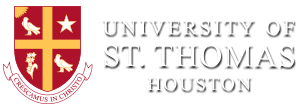Be Bold Blog
The University of St. Thomas (UST) is Houston’s Catholic University, committed to the Catholic intellectual tradition and the dialogue between faith and reason. Our blog is dedicated to helping you explore your future career possibilities and how to make the most of your college experience.
Science-Related Careers

It should come as no surprise that science – the pursuit of knowing and understanding the natural and social world – is an enormous field that contains many disciplines and professions. You’ve got no shortage of science-related careers to choose from, including science jobs that don’t require a Ph.D. or master’s degree. (Although, there are plenty of those, too!)
Keep reading to learn more about six science-related career paths you could pursue.
6 fascinating jobs for science majors
Majoring in science can provide a solid foundation for several intriguing careers. Explore the possibilities below:
1. Pharmacists
If you are an excellent communicator, have a sharp eye for detail plus strong math and science skills, a career as a pharmacist could be an excellent fit. These medical professionals work closely with people of all backgrounds, so interpersonal relationship skills are essential.
Pharmacists dispense medication and instruct patients on how to use them safely. They also check whether a person’s prescriptions will interact negatively with other drugs and explain any possible side effects of each medication. Accuracy is of the utmost importance in this role, as giving someone the wrong medication or an imprecise dosage could have dangerous or potentially fatal implications.
To become a clinical pharmacist, you’ll need to earn a Doctor of Pharmacy (Pharm.D.) and pass licensure and law exams. A bachelor’s degree in biology, biochemistry, chemistry or physics can set you up for success as a pre-pharmacy student.
2. Physician
Physicians, or doctors who’ve earned a degree in medicine, work to promote, maintain and restore health through the study, diagnosis and treatment of physical and mental diseases, injuries, disorders and ailments. As a medical doctor, you’ll have the opportunity to help your patients live longer, healthier lives by providing compassionate and expert care.
There are dozens of specialties and sub-specialties for medical practitioners. Some common examples include:
- Anesthesiology
- Dermatology
- Emergency medicine
- Neurology
- Obstetrics and gynecology (OB/GYN)
- Ophthalmology
- Pediatrics
- Psychiatry
- Surgery
It’s no secret that becoming a doctor requires extensive education and training. It may take anywhere between 10–13 years to become a fully licensed physician. Students who aspire to become physicians should consider combining their major of choice with a pre-med track during their undergraduate degree. This is a great way to ensure you have all the per-requisites needed to apply for medical school, which is highly competitive.
3. Quality assurance chemist
Industries of all kinds — especially pharmaceutical, medical, food and cosmetic companies — are carefully regulated. Quality assurance or quality control chemists are responsible for testing products to ensure they are safe for consumers. Their work requires extensive knowledge of lab operations, industry quality standards, analytical chemistry, testing and reporting.
To become a quality control chemist, a Bachelor of Science in Chemistry is the most common requirement. In this program, you’ll become fluent in the language of substances and compounds, explore the ways they interact and learn a scientific, technical approach to solving problems through research and experiments.
4. Computer and information research scientists
Computer and information research scientists are experts in finding solutions to complex computing problems. Computer scientists work more with hardware and software tools, often pulling from fields like artificial intelligence, robotics and computer networking. An information scientist, in contrast, focuses on aggregating, storing and distributing information using analytics, algorithms and data science. Together, this combined field strives to create innovative and useful computer information systems.
These scientists are employed across many fields and industries, including the federal government, research and development departments in physical, engineering and life sciences, software publishers and more. To be qualified for this role, you’ll need a Bachelor of Science in Computer Science or a similar field, plus a relevant master’s degree.
5. Geneticist
If you’re fascinated by DNA, genetics and the role that heredity plays in shaping the natural world, a career as a geneticist could be a great fit. These scientists study how genes interact, evolve, replicate and manifest in humans, animals, plants and bacteria. Since the discovery of DNA in the 1950s, this highly technical scientific discipline has produced many important scientific advancements: synthetic insulin, the Human Genome Project, gene therapy treatments and resilient crops, to name a few.
To become a geneticist, you’ll almost certainly need to obtain a terminal degree, such as a Ph.D., M.D. or D.O. An excellent starting point is a Bachelor of Science in Computational Biology, as this degree combines computers, math, statistics, biology, chemistry, computer science and physics to help students become grounded in the areas of genetics and molecular and cell biology.
6. Forensic scientist
Forensic scientists, also called criminalists, are responsible for gathering and analyzing evidence used in criminal trials. Their work typically takes place in the field and in the laboratory. Crime scene investigators spend a lot of time traveling to different sites and may have to work outside in inclement weather conditions. Oftentimes, their job requires them to be on call and available at a moment’s notice. Forensic lab specialists, on the other hand, focus on analyzing physical evidence gathered in the field.
To become a forensic scientist, you’ll need a minimum of a bachelor of science degree in a field like biology, biochemistry, chemistry or forensic science. These professionals also receive significant training on the job and work under senior investigators to learn proper procedures before working on their own.
Start on the path toward a scientific career
It’s clear that there are several fascinating science-related careers you could work toward. The University of St. Thomas – Houston offers a variety of degree programs that can provide a solid foundation for a scientific career that interests you.
Explore your options by visiting our STEM degree page.
Ready to take the next step?
Related articles
About UST
The University of St. Thomas (UST) is Houston’s Catholic University, committed to the religious, ethical and intellectual traditions of Catholic higher education. For more than 70 years, we’ve been graduating students like you into successful careers in medicine, education, business, public administration and more – throughout Houston and across the globe.

